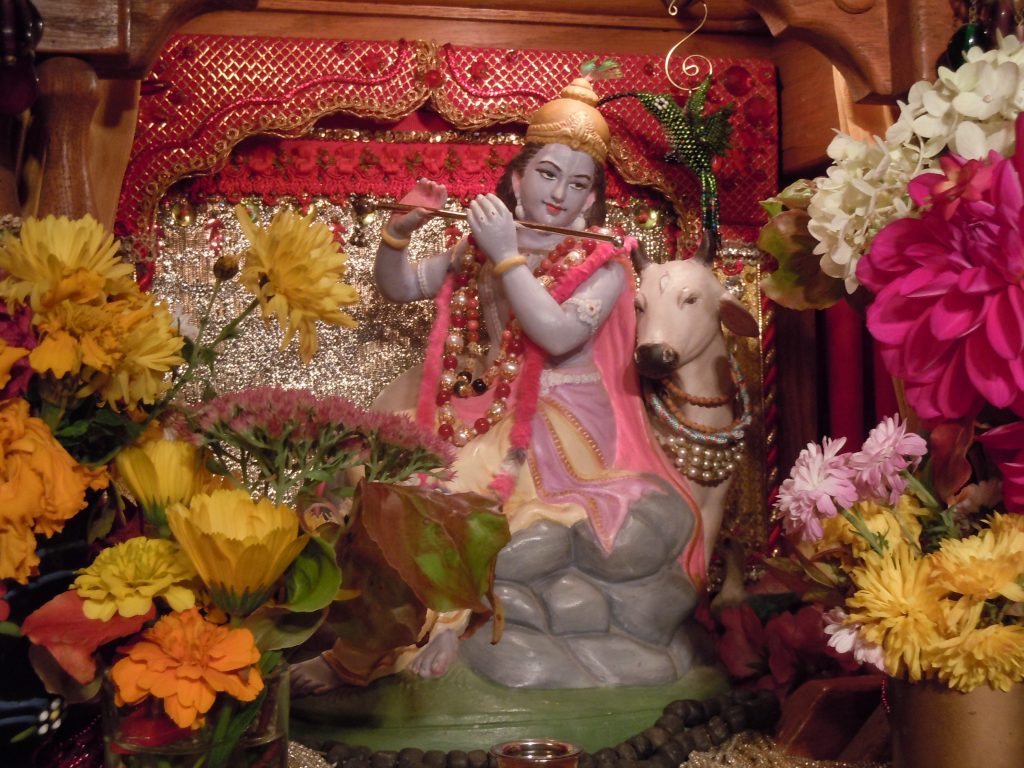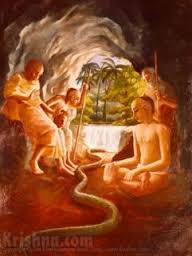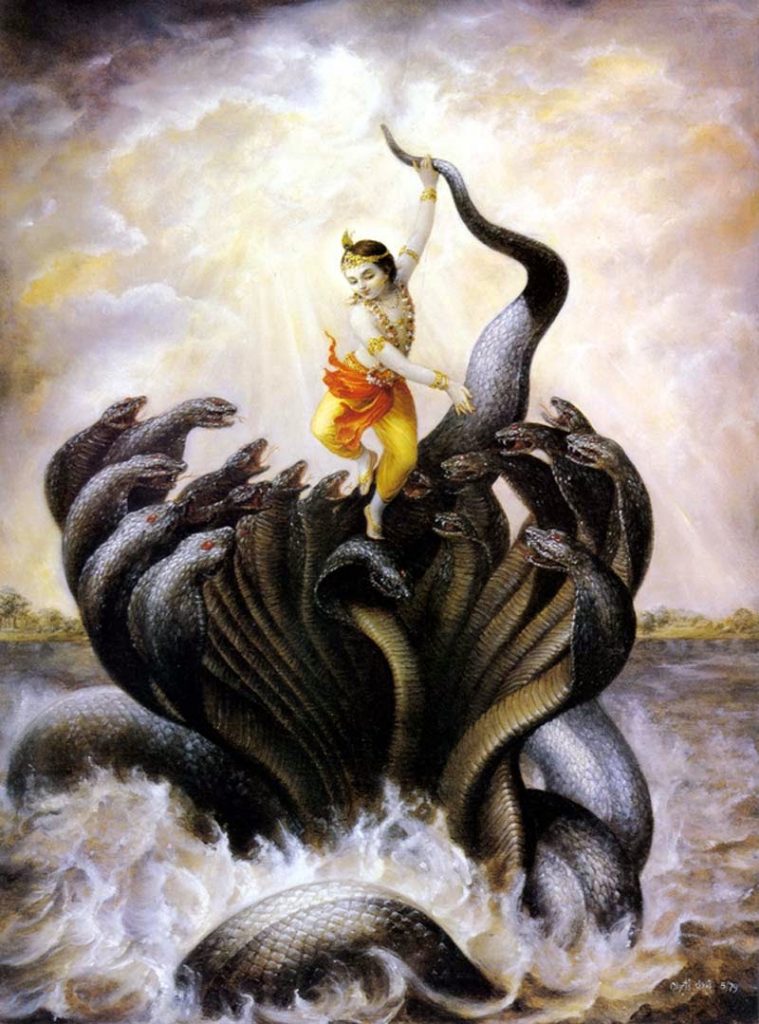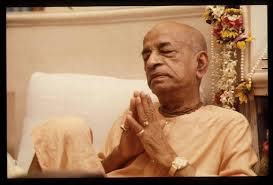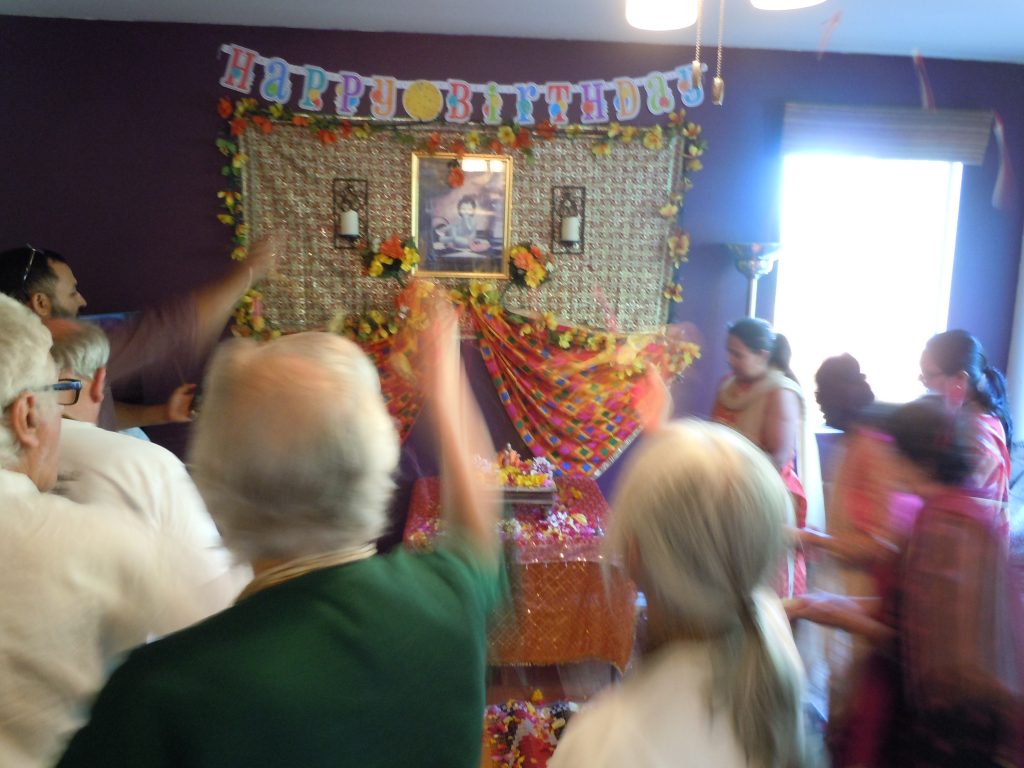- November 28, 2018Sri Bhugarbha Goswami Tirobhava Tithi [disappearance day] Sri Kasisvara Pandita Tirobhava Tithi [disappearance day] Wednesday, November 21, 2018 [Mayapura, West…
- November 27, 2018Prabhupada stated never we should worship demigods for His Mission. He was always assure with Krishna alone we can fulfill…
- November 26, 2018Srila Prabhupada explains the unique postilion of Sri Gadadhara dasa Goswami, a close associate of Sri Nityananda Prabhu compiled by…

Under the guidance, inspiration and authority of
His Divine Grace A.C. Bhaktivedanta Swami Prabhupada
Founder-Acharya of the Krishna Consciousness Movement
Srila Prabhupada: “I wish that each and every branch shall keep their separate identity and cooperate keeping the acharya in the center. On this principle we can open any number of branches all over the world. (Letter, February 11, 1967)
